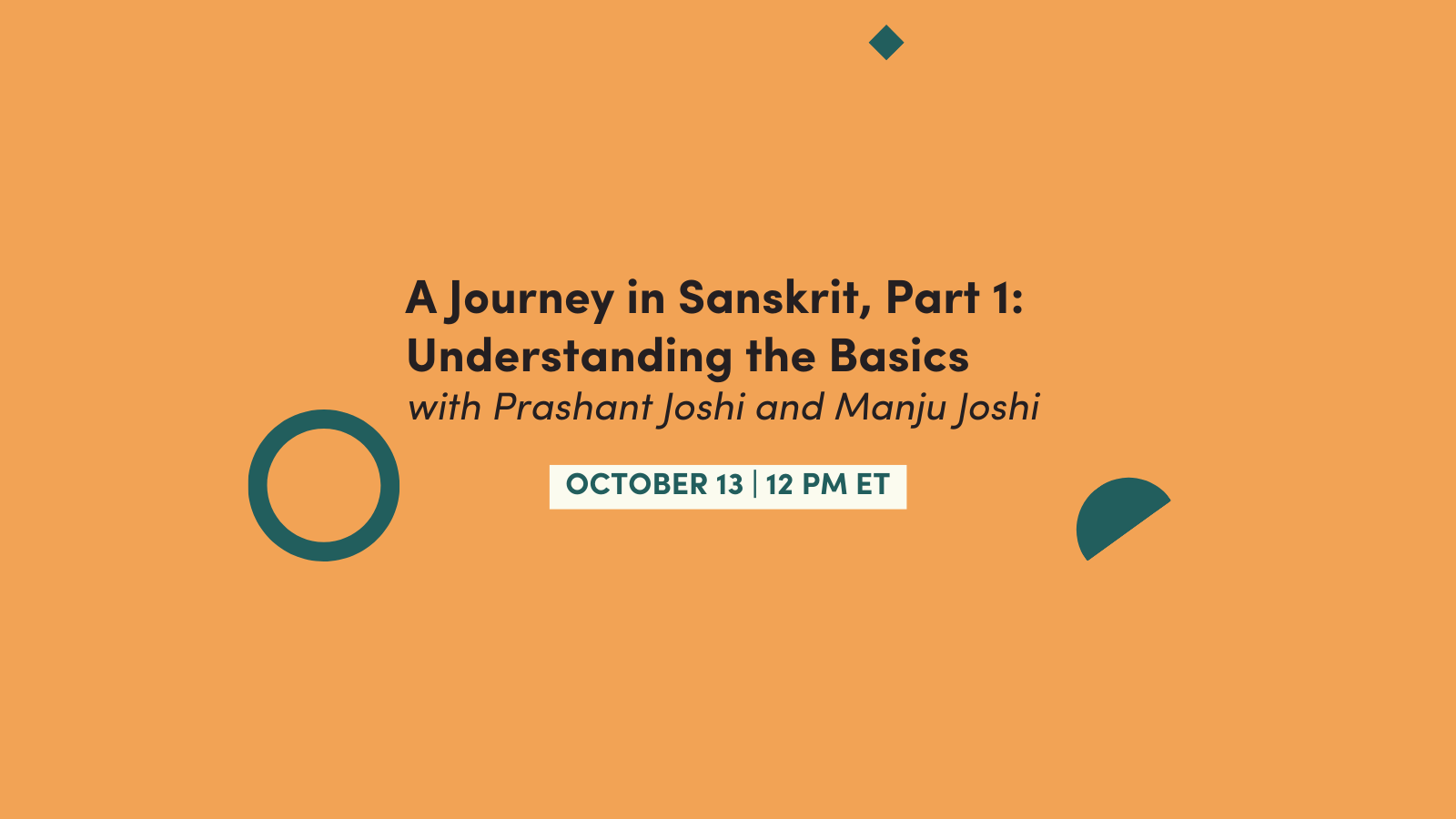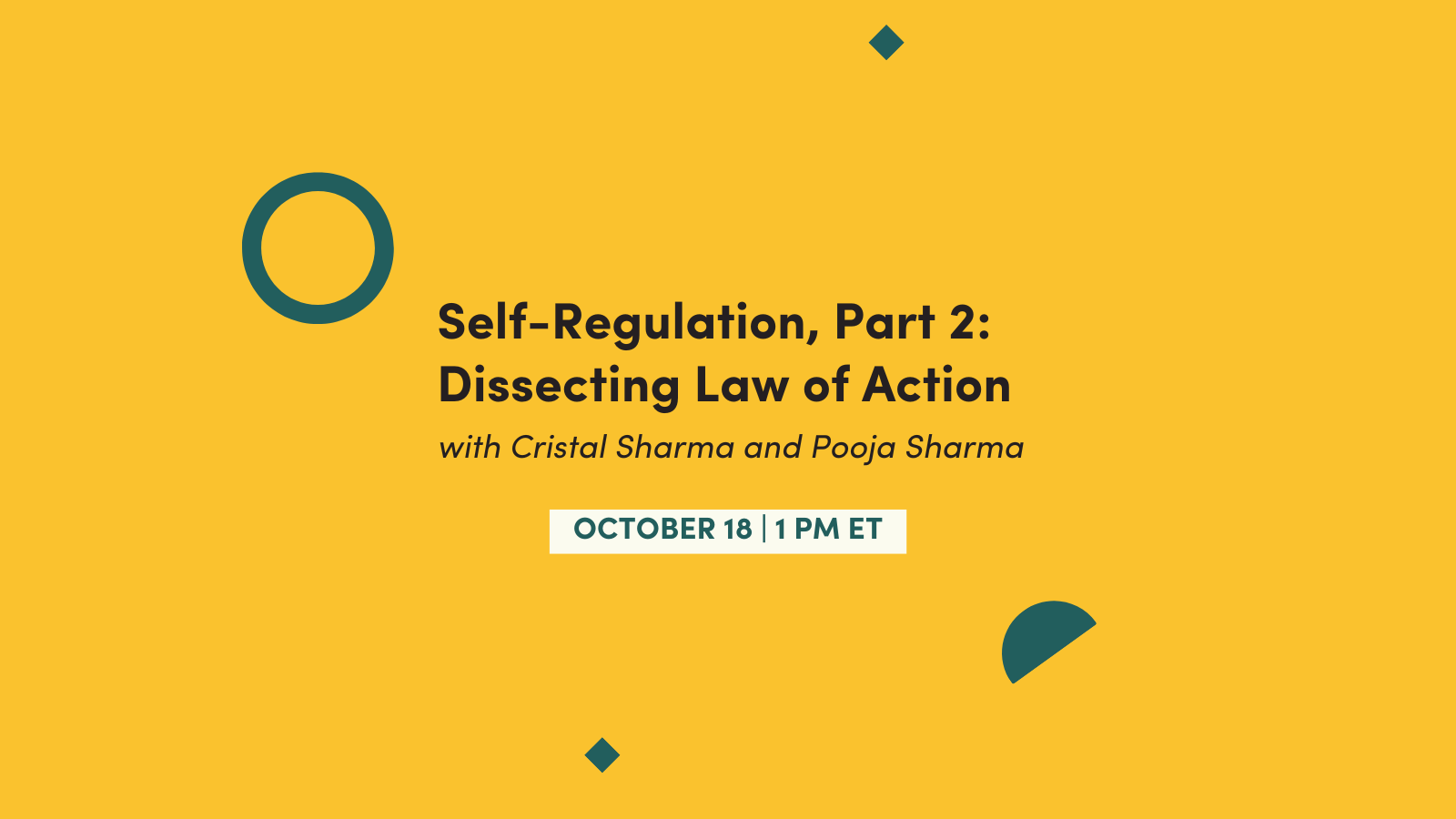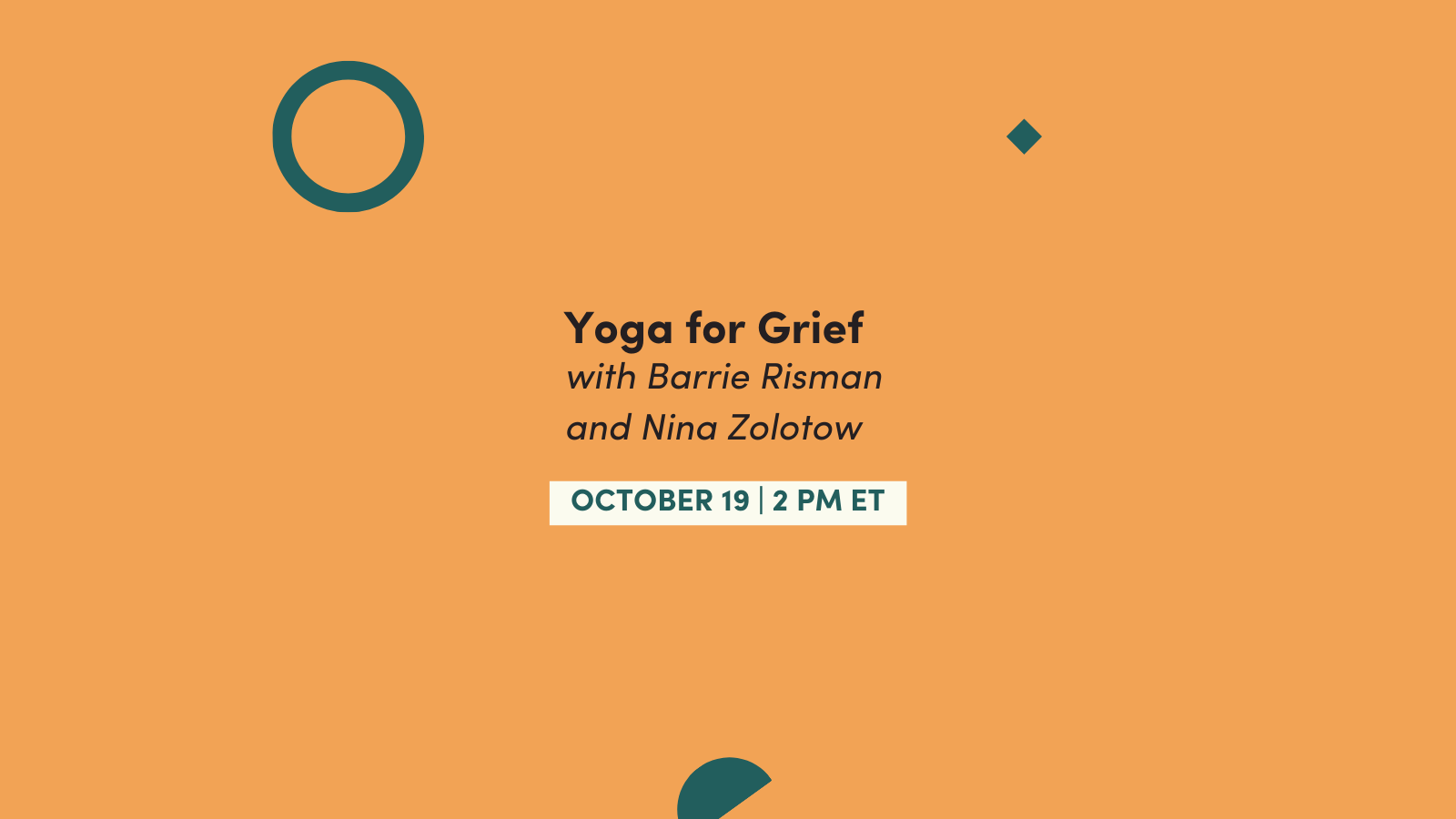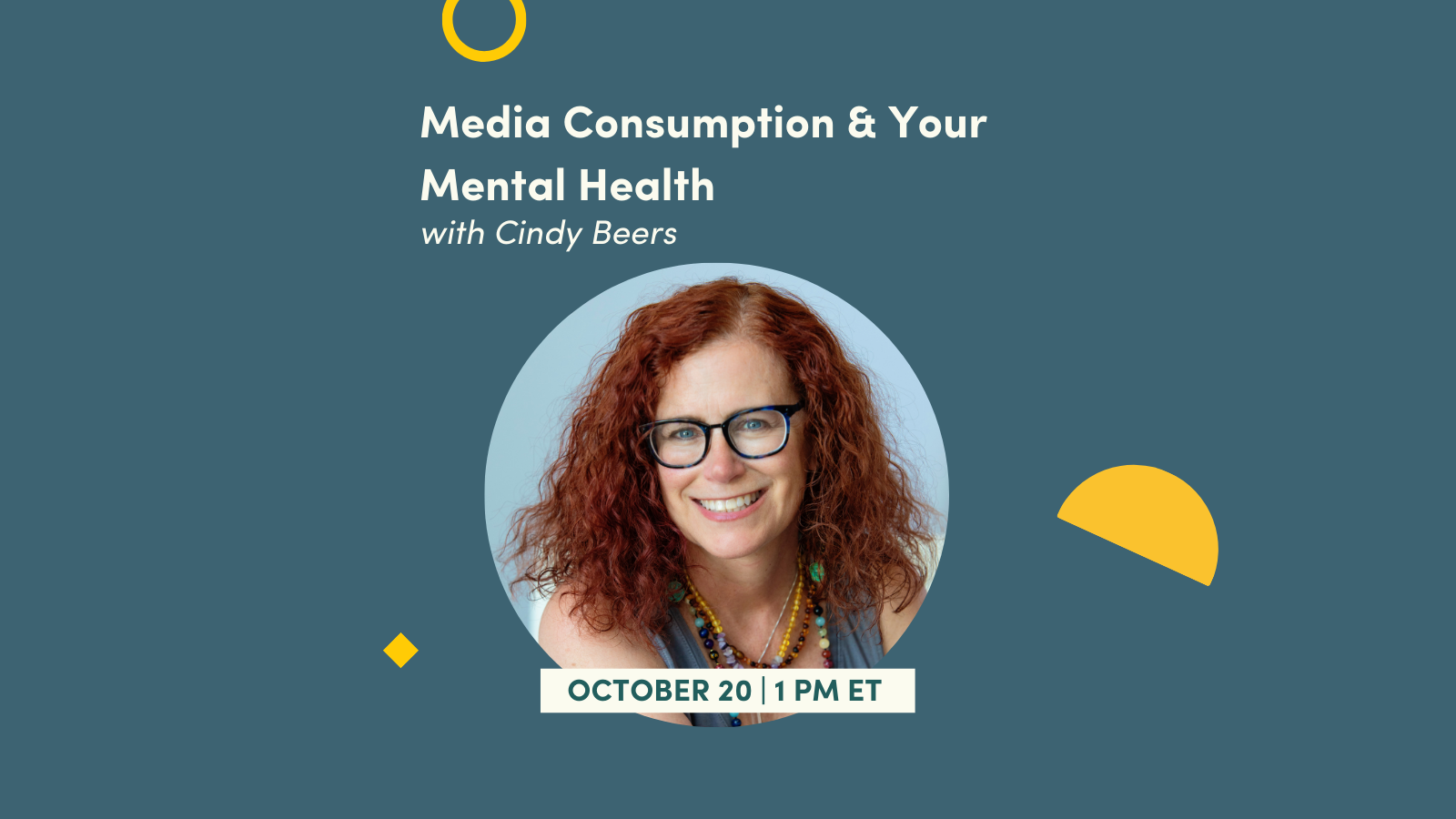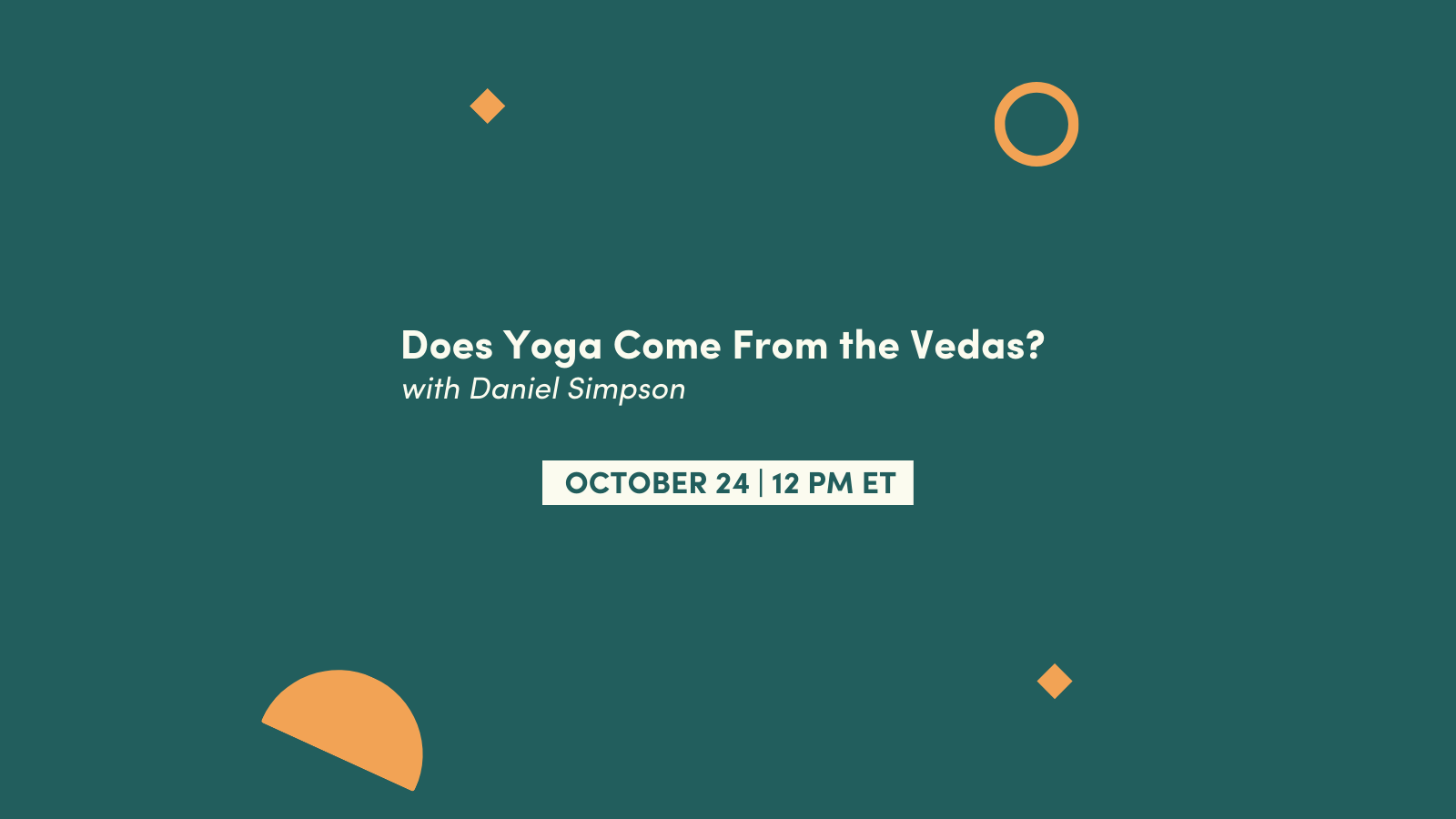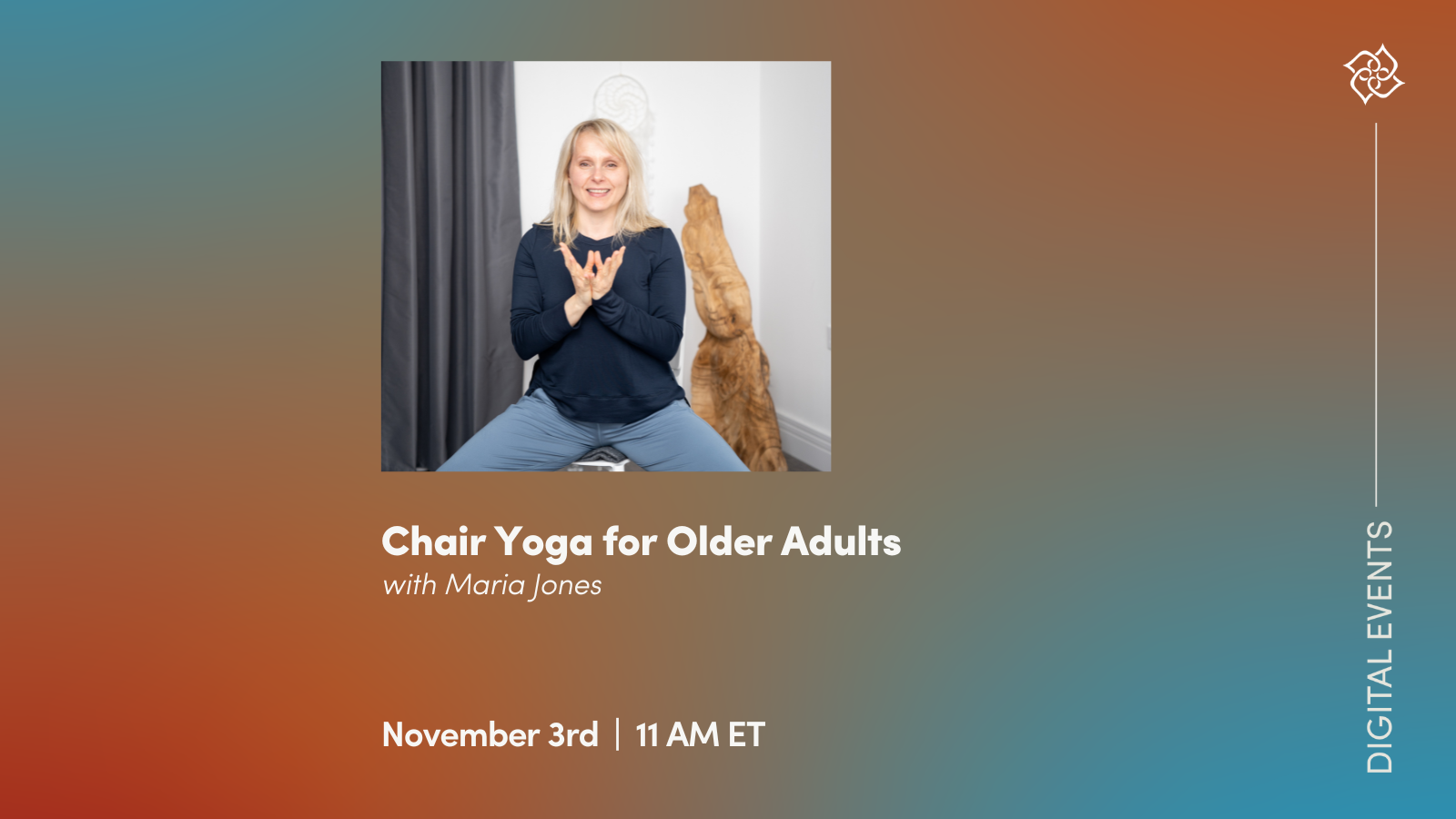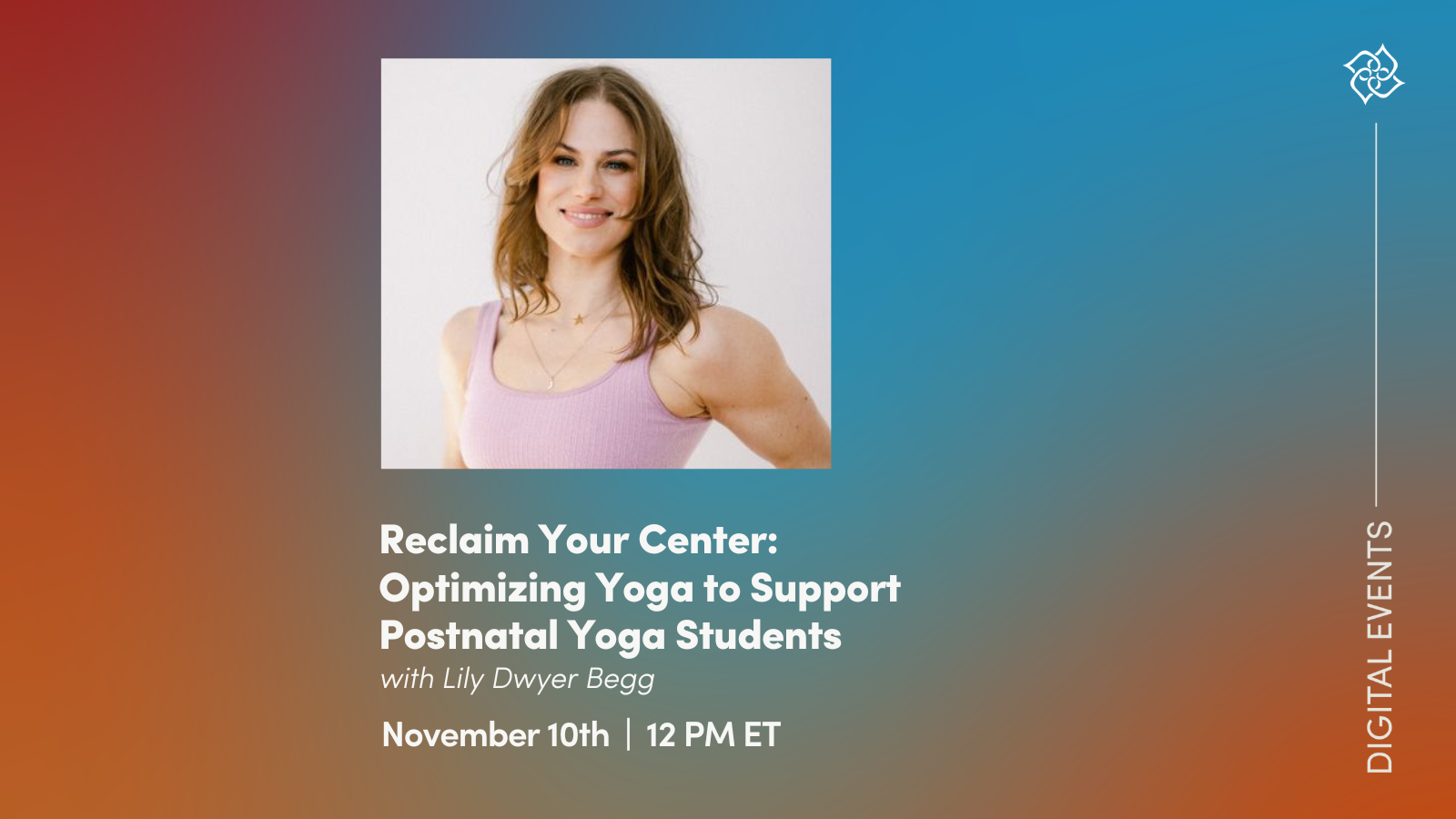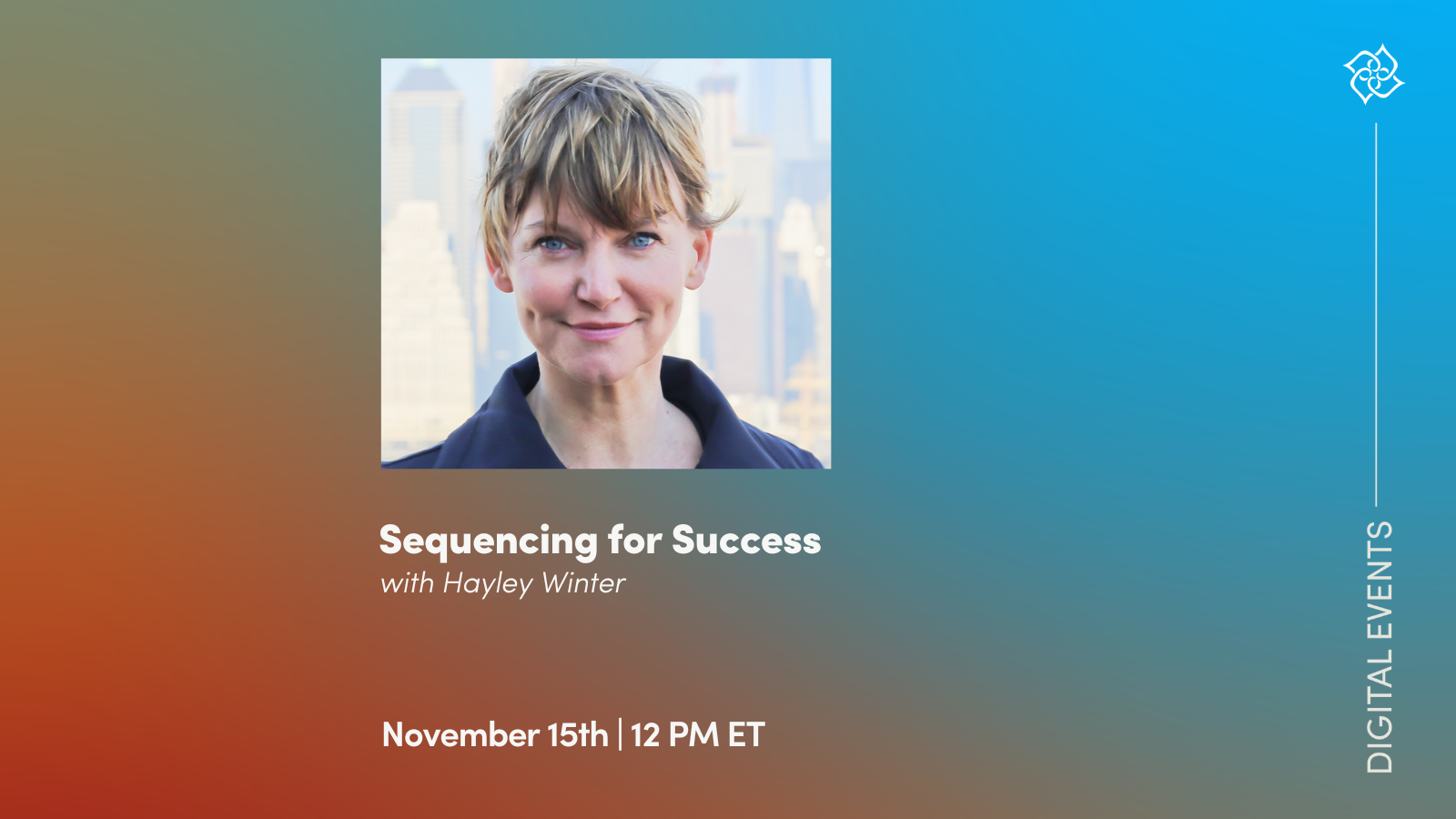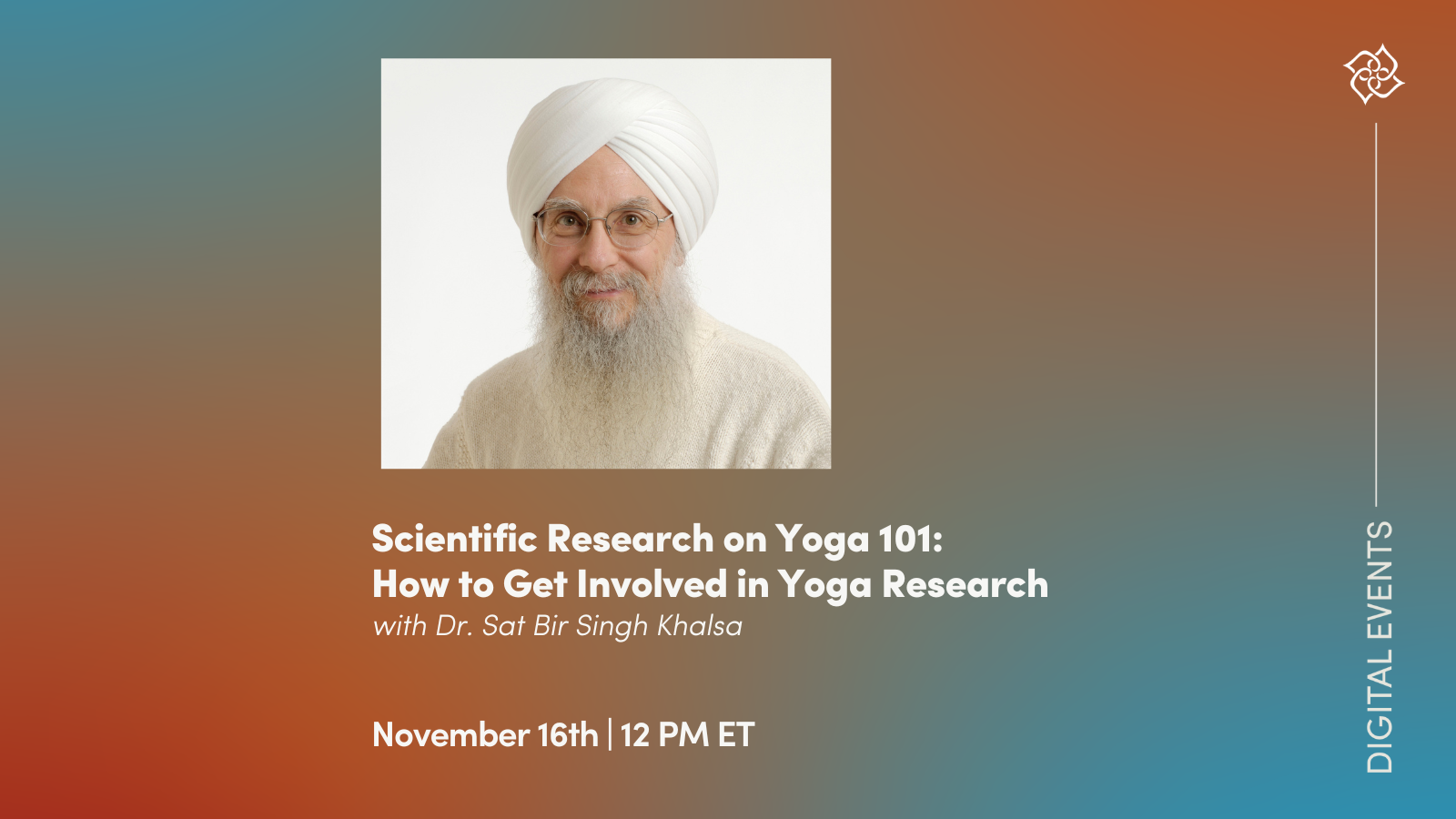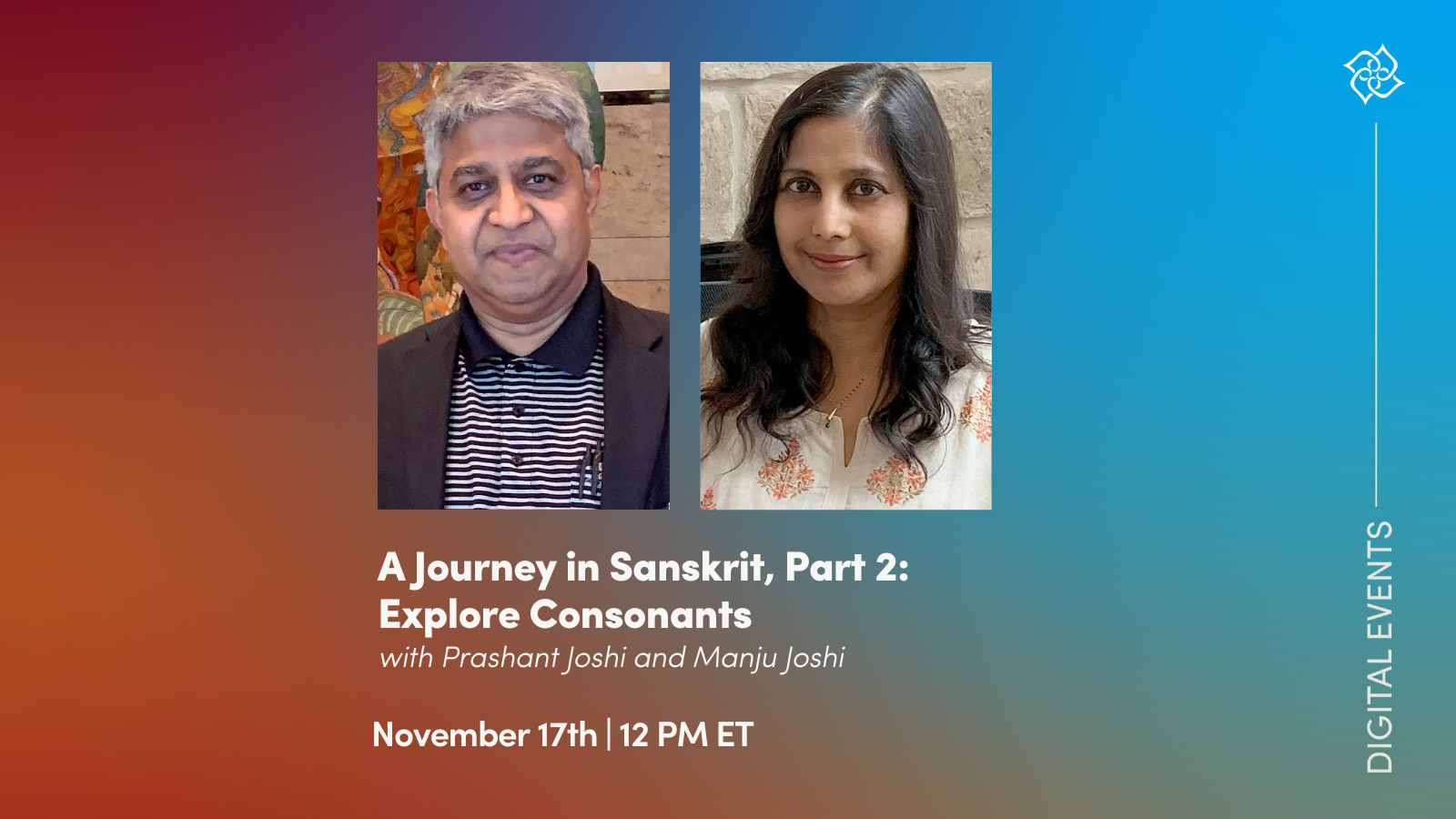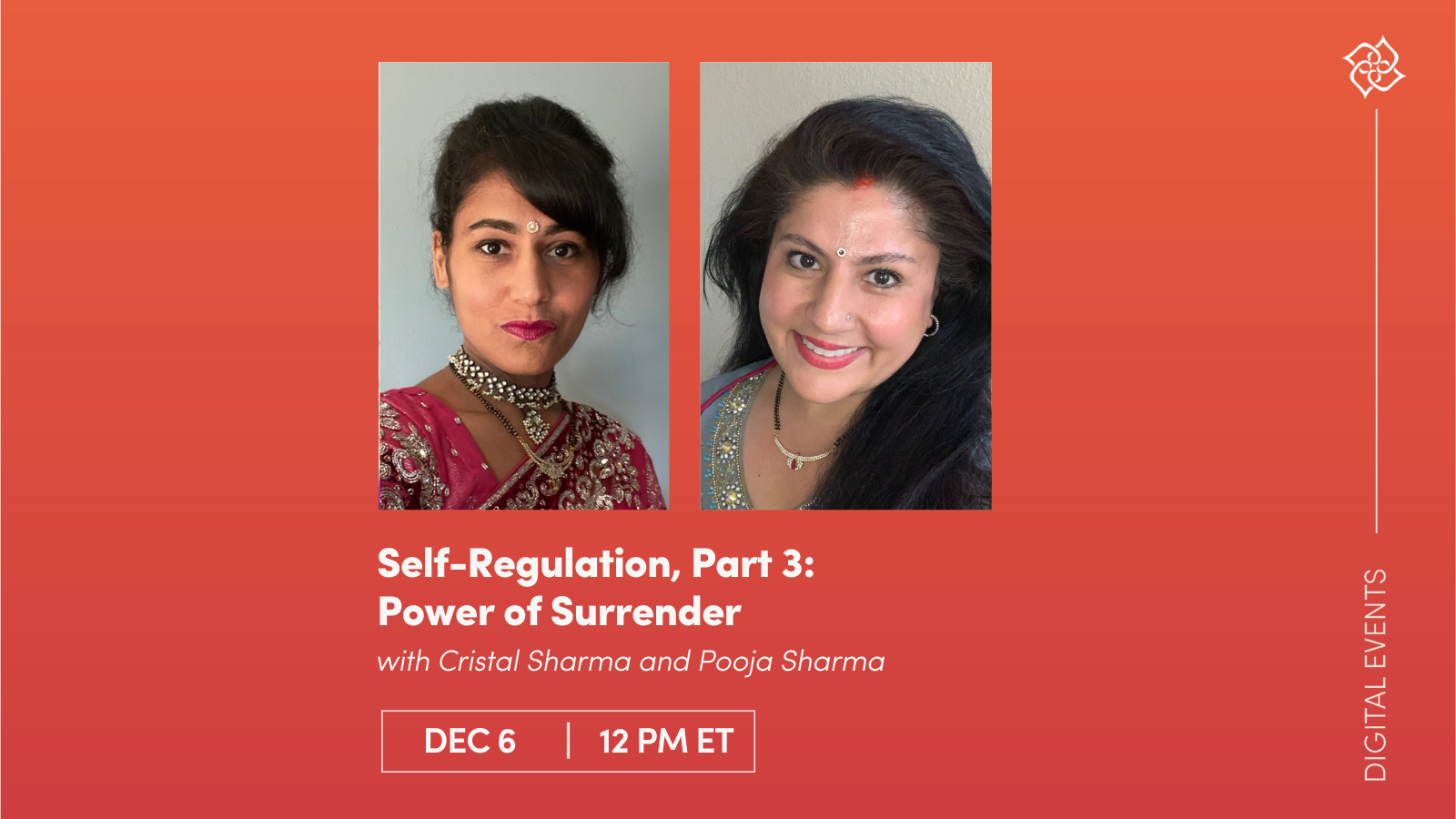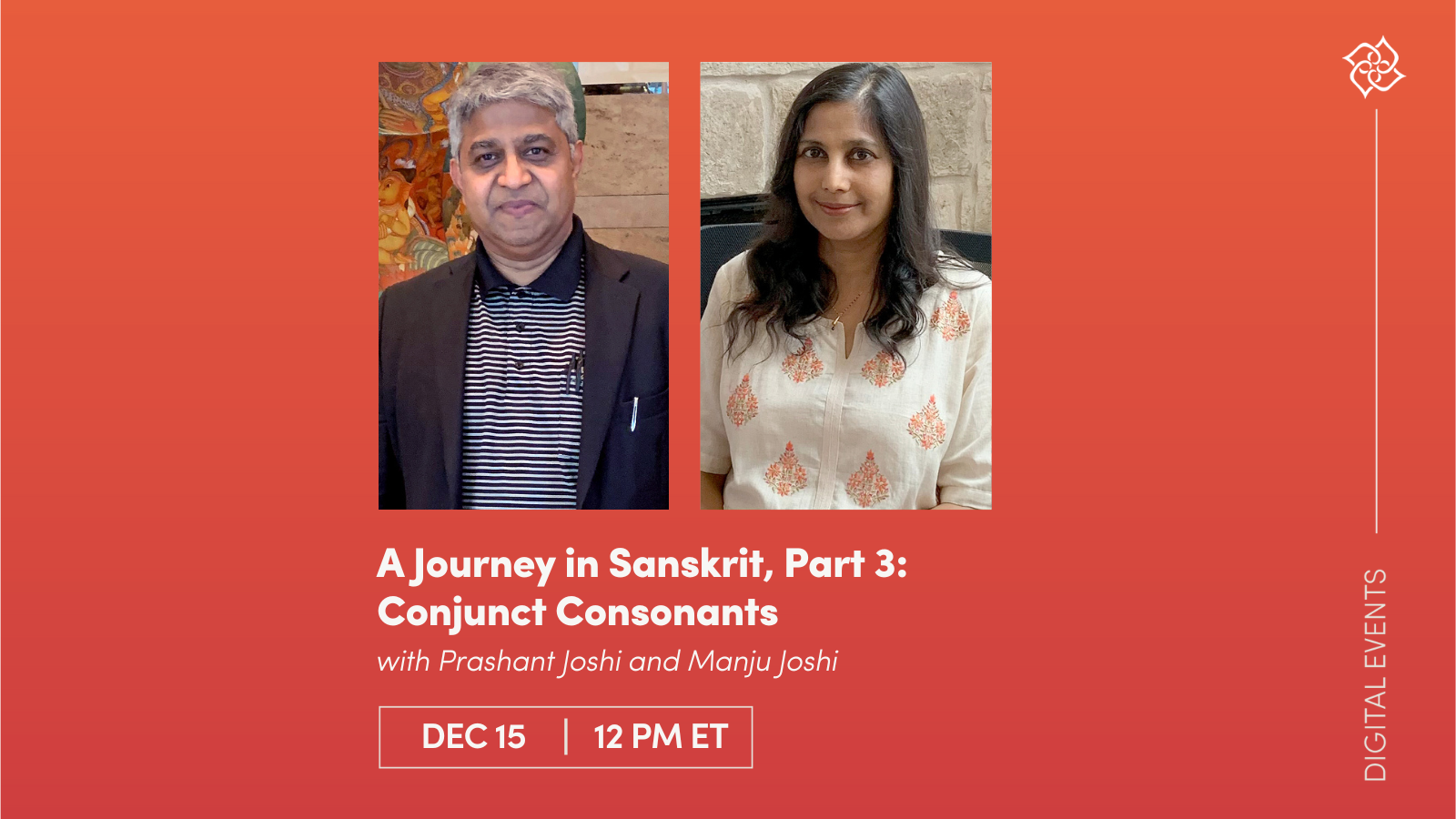CE Workshop | A Journey in Sanskrit, Part 1: Understanding the Basics
Deepen your understanding of the language of yoga—Samskrutam, or Sanskrit. Whether you are new to yoga or an experienced teacher, this workshop series is for you. We will discuss the relevance of Samskrutam for both yoga teachers and practitioners, as well as how to grow in your own practice and teaching. In the first of this 3-part journey, you will learn:
· The historic evolution of Samskrutam and why it is an integral part of yogic learning
· The rich vowels and consonants of Samskrutam
· Structure and correct pronunciation
· The rich vowels and consonants of Samskrutam
· Structure and correct pronunciation

